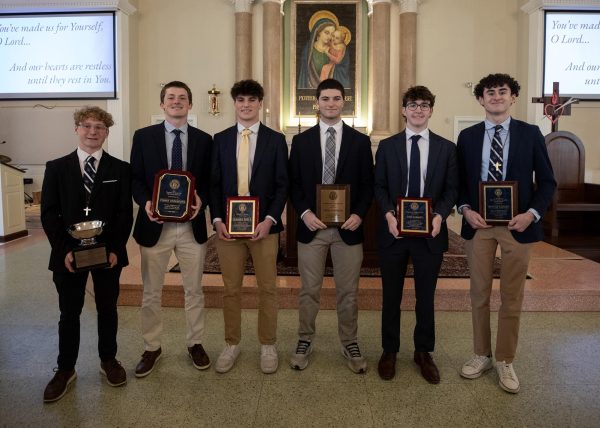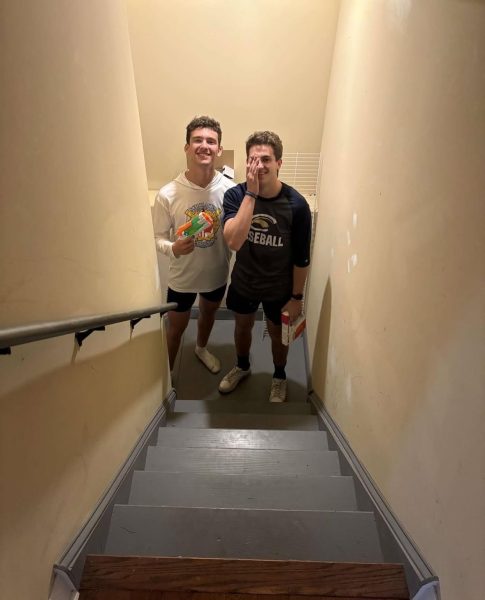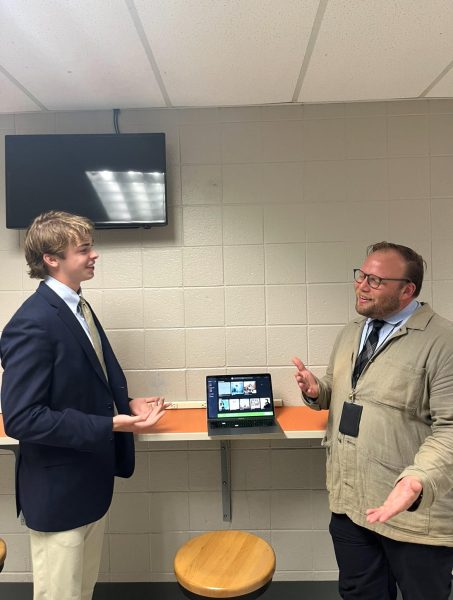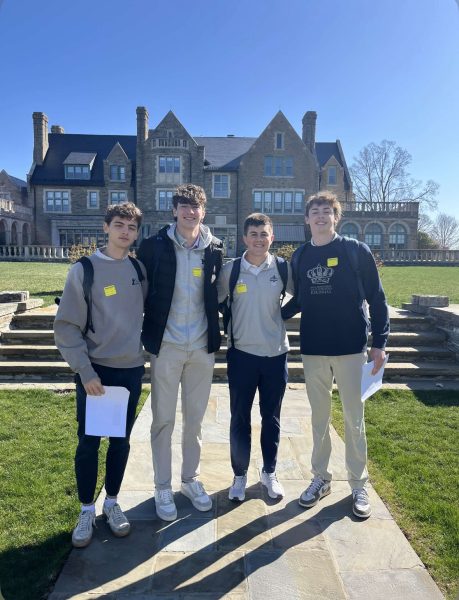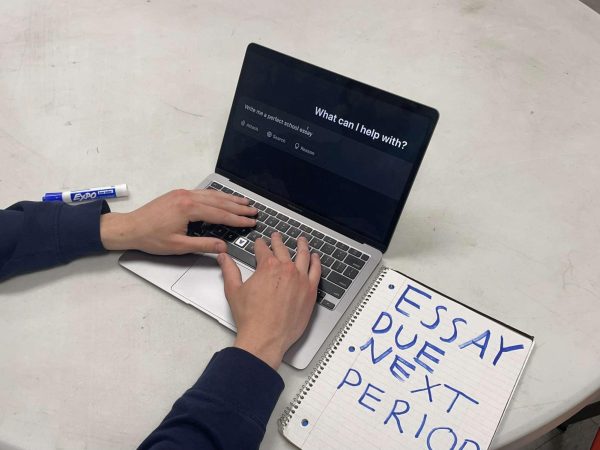As seniors apply to college, the process continues evolving
As the COVID-19 pandemic continues to upset life in the United States, colleges and students are changing their protocols
First SAT/ACT centers started closing. Then colleges. Now, Malvern seniors have to navigate the waters of finding a college, and colleges have to navigate the waters of finding students.
For College Counselor, Mr. Ian Harkness, the realization of what the 2020 application process looked like began to set in as the first round of SATs were cancelled back in March.
“Students and parents were calling about what might happen, or what other opportunities may present themselves,” he said. “I think that was the first domino that really started to fall.”
Across the United States, students haven’t had access to the standardized tests important to their college admissions. “I think the national number… it’s somewhere between thirty and forty percent of students who haven’t tested yet at all, it might actually be higher than that,” Harkness said.
To help out their students, Malvern got both a SAT and an ACT to take place on campus for seniors.
“We were able to be able to provide this test for [seniors] on the 23rd, and about 100 [students from] the class will take it,” Harkness said.
However, even with that test, Malvern’s seniors may not use or need those scores. Schools in the University of California system have gone test-blind, meaning that they will not evaluate tests. And as College Counselor, Mr. Chris La Tempa says, students won’t need to give many colleges their scores.
“We’re doing a lot of connecting with colleagues… and to a T, everyone I’ve asked this said, ‘if a student is not able to test or doesn’t share their test scores, we’re just not using it in the process and there’s so much other information in an application,’” La Tempa said.
Senior Nick Giangulio was able to take tests before centers shut down, however, he’s still happy about the admissions process going test optional.
“I’ve taken two ACTs already,” he said. “I mean I’m not like a really strong test taker. So, I’m glad that a lot of schools are going test optional.”
Instead of test scores, colleges are taking a harder look at other aspects of a student’s high school experience.
“[Colleges are looking at] grades, the type of classes that students are taking, the essays that they’re writing, the letters of recommendation that are written for them, the activities that they’re doing, how they’re getting involved and ingrained in the community, like all that information,” La Tempa said.
And as Harkness says, that might be a good thing for students.
“Students often say ‘this isn’t the best reflection of my ability. I’ve taken every AP and honors level class at Malvern and aced everything and have a 4.2 GPA,’” he said. “But the test doesn’t really show all of that.”
Mr. Michael Gaynor is the Executive Director of Undergraduate Admission at Villanova University. Villanova has gone test optional, however, as Gaynor says, Villanova has always looked at the entire student, not just a test score.
“Back in April, we decided to go “test optional” due to the many SAT and ACT test center cancellations… It was simply the right and equitable decision to make,” he said in an email. “Our admission review process at Villanova has always been comprehensive and holistic, meaning that standardized testing was only one criterion of many.”
Colleges are also struggling with making sure that they’ll have enough students come Fall 2021.
“[Colleges] have these massive spreadsheets and these enrollment calculators that basically generate up what’s called a predictive model to indicate if we admit this group of students that are currently slated to be admitted, what percentage are likely to enroll,” La Tempa said.
For La Tempa, this means that students have the opportunity to showcase their interest to colleges to increase their admissions chances.
“I would say, this is really an opportunity for our students to show interest in the schools, and take that extra step of reaching out to the college admission representatives and showing that interest in the schools that you’re most interested in,” he said.
While colleges struggle with finding the right students, students are also struggling with finding the right colleges with many campuses closed. For La Tempa, this just means that seniors will have to look from home to find the right school for them.
“Assuming a school that you’re highly interested in is not doing visits and not allowing visitors at this time, the most you can do is just dive in thoroughly research wise,” he said. “Honestly, I think it starts inward and you know really getting a good sense of self and understanding what you, as a student, are looking for.”
Giangulio was planning on spending time looking at colleges, but as he notes, his time was cut short by the pandemic.
“I was planning on taking a big trip last spring break and going all over the place to see a bunch of schools,” he said. “But because of coronavirus, all my plans got cancelled, so I couldn’t really do that.”
Giangulio will be participating in virtual tours given by schools, but for him it isn’t the same.
“I’ve done a ton of those like virtual tours for the schools, but I feel like they’re not really the same as like the real thing,” he said. “I feel like when you’re on the campus you can really get like a feel for the school, a physical feeling and find out if it’s a better fit for you.”
As with any year, students applying to college and their families feel plenty of stress and anxiety. However, that stress has increased, something that Harkness says has been aggravated by the current admissions situation.
“I feel like this year the anxiety levels are just higher because of everything else that’s going on in our world,” he said.
For Gaynor, students should continue to focus on their senior year, as it may be the deciding factor in their application.
“[Senior year] is one of the few variables that [students] can truly control and can swing the proverbial pendulum one way or the other on [their] behalf,” he said.
As La Tempa notes, students can find success as long as they are able to roll with the punches.
“Definitely take a lot of deep breaths, take things in stride. I know this is stressful, I know there’s a lot of unknowns, communicate that,” he said. “I think the best thing you can do this year and in this application process is to really do a great job of getting to know yourself, and taking pride in all the great things that you can deliver to a college.”


